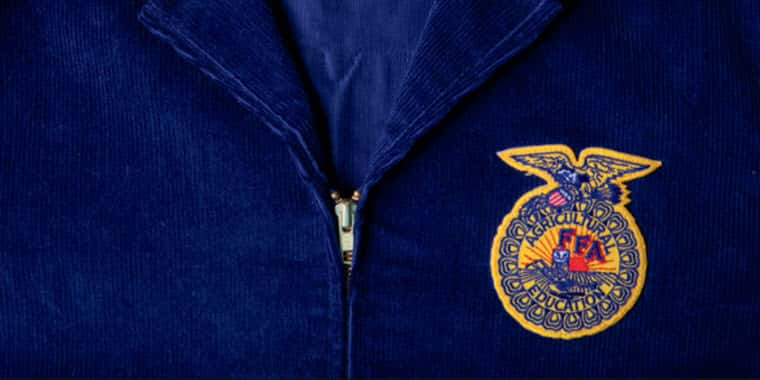RANTOUL, IL — The Illinois Leadership Council for Agriculture Education (ILCAE) urges supporters to contact Governor Rauner’s office and their legislators to protect the Agriculture Education line item as recommended by the Illinois State Board of Education.
On Wednesday, March 18th, Governor Rauner proposed his version of Illinois’ fiscal 2016 budget which included elimination of the Agriculture Education line item. ILCAE understands the financial situation of our state, but opposes this cut.
This line item funds the Facilitating Coordination in Agricultural Education Project (FCAE) which provides local program support, curriculum resources, professional development for agriculture teachers, and on-site technical assistance. The line item is currently allocated at $1.8 Million, but the Illinois State Board of Education recommends increasing it to $3.0 Million.
Agriculture is a significant driver of the Illinois economy. One in every four jobs in Illinois is related to the agriculture, food, and natural resources industry. In a recent report by USA Today, agriculture was identified as one of the top five highest earning college majors for 2015 graduates. Despite these truths, agriculture programs exist in less than 50{f75e9bc95454961d27ea60375533d5bd3793c6b31aa68057771d9b5363a8de8e} of our high school districts.
Andrew Bowman, ILCAE Chair said, “Investment in agriculture education ensures we are adequately supplying all businesses in Illinois with necessary talent and keeps good jobs here. No other educational model is as comprehensive as this. And, there are still far too many high school districts without agriculture programs, particularly in urban districts. There is no fat to cut from this line item. This is a critical investment in our youth and state.”
The ag education model is three part, combining classroom instruction with work-based learning and leadership development. It serves as the model for the Illinois Pathways Initiative which was included in the Education Reform and Job Growth Agenda Blueprints. The line item supports student work-based learning projects—or Supervised Agriculture Experiences—that generate over $11.8 Million in student earnings and over $2.1 Million in local and state matching funds for Ag-In-The-Classroom Efforts and affecting over 29,000 secondary and 468,000 elementary students, respectively. Even excluding all other benefits, these two facts alone account for a strong rate of return for taxpayers. This line item began in 1986 when the Illinois General Assembly legislated that a comprehensive program for agricultural education be created and maintained by the public school system for all school districts.
Bowman said, “We understand the difficult financial position of our state and are willing to work with the Governor and General Assembly on how we can strengthen private contributions to our partnership—but investing in our future is the responsibility of both the private and the public sectors. We look forward to working together so that all Illinois students through agriculture education may develop their potential for premier leadership, personal growth, and career success.”
To learn more about how a zero budget would affect local Agricultural Education students, teachers and communities two documents have been produced for your reference. The first is a one-page document that provides a background on the Agricultural Education line item and projects and the second in a two page document that more specifically details the negative impact of the zero budget.
Source: Illinois FFA Organization


